The Play Kids Need
“Play is often talked about as if it were a relief from serious learning. But for children play is serious learning. Play is really the work of childhood.” – Fred Rogers
Play is important, children learn through play, but what types of play do children need?
The 7 Types of Play Kids Need:
1 Developing Skills (0:56)
Children develop skills through play. Too often in our culture we believe there is work, which is meaningful, then there is play which you do when the work is done. This belief reflects a deep misunderstanding of how children actually learn.
Have you ever seen a baby learn to walk? Did the parent tell them to walk? Did they need rewards, punishments, or bribes to learn? Or, was it that she was so driven by her curiosity and interest to explore her world that she learned to walk?
Chances are that if the baby is developing in a healthy way, she’s going to be unstoppable in her quest to learn to walk. Yes babies may need some support and a supporting environment to perfect this skill but they are hardwired to pick up the skills that are relevant to their culture.
This applies to other skills as well. Children also learn language naturally through play. Games such as peek-a-boo build language. If you let children play for hours on end each day you will witness them develop the most amazing skills that are applicable to their culture. They’ll learn how to use the tools and utensils that are used in their culture. They’ll learn how to communicate and use their bodies similar to the way adults do.
Children will even learn skills that culture tells us are only learned via textbook including reading and writing and math. If you read the research about children who play freely, you will find that they learn all about number sense and language simply through play.
Free, unstructured play is so crucial. It is the place that children develop and learn new skills.
FREE CHILDHOOD DESIGN GUIDE: 10 Easy Steps to Transform Your Home into a Play-Inducing Haven
2 Learn to Take Risks (3:19)
Through play, children learn to take risks. They learn how to go to the edge of their comfort zone in any area be it physical, emotional, academic, or social and push through the discomfort. By taking themselves to the edge where they cannot quite do what they are seeking and slowly pushing that limit they eventually master the skill they are seeking to achieve.
This is a natural response in all young animals. If you watch young monkeys for example you will see them swinging for a tree that’s just slightly out of their reach, just slightly too difficult in order to master that skill.
Unfortunately when we see this in our children we tend to have one of two responses: to push them further than they are ready for, or to hold them back. When we push them before they are ready they respond by protecting themselves. Children get defensive: no I don’t want to read, no I don’t want to climb the stairs, no I won’t go down that slide. When we hold them back by saying things like, be careful, that’s too high for you, here let me help you, etc we don’t allow them to take the risks they need to take.
When we allow them to take risks according to their own timing, we see that children will naturally challenge themselves. They naturally push themselves. You’ll notice this in most classic games like catch and hide and seek. This universal game is enjoyed by children because they want to put themselves in places to stretch their skills. These games offer just enough danger for kids to push themselves naturally. The game simulates an adult reality such as being chased or getting lost. These situations are realities in the human life and therefore children learn how to handle the situation by constantly playing it out.
Have you played a game of chase recently? You really do get nervous, run away, and actually experience all of the same neuronal firings that you would in a real chase. The main difference is that you don’t have to pay the real price that you would if you were being chased by a lion for example. When children are chased by their friends they are able to practice those same skills and learn about risk taking. The expand their edge and push past that comfort point to their next level. Through this they are then able to run faster, hide smarter, and do so all in a safe environment.
Through play children will climb a little higher. They’ll do something that’s a little too hard for them. Allowing them free play allows them to take those risks in a safe environment.
3 Scientific Exploration (6:15)
Children are born scientists. They are born ready to explore and experiment. They like to pull and push things. Children mix different things together. They also grab things and taste almost everything. Children want to see, look, and stare at the wonder of the world around them.
The problem is we tend to hurry children along or stop their exploration by saying things like:
“Don’t touch that”
“Don’t put that in your mouth”
“No”
“Why are you doing that?”
“Stop making a mess”
“Don’t spill it”
“Hurry up lets go”
Instead we focus on giving our kids things like Baby Einstein CDs or playing music for them in an attempt to enrich them and them them as much as possible. What we fail to realize is those pauses, that play, is actually scientific exploration at work. The great Albert Einstein himself was actually a master of play. He said “Play is the highest form of research.” In fact, all of his physics was play, he found it fascinating and simply followed his curiosity like a child would.
Allowing children the time to go at their own pace, the ability to get messy as they explore, and the freedom to ask as many questions as they can think of is definitely not always convenient.
As Alfie Kohn author of Unconditional Parenting said “When you come right down to it, the whole process of raising a kid is pretty damned inconvenient, particularly if you want to do it well. If you’re unwilling to give up any of your free time, if you want your house to stay quiet and clean, you might consider raising tropical fish instead.”
Allowing our children to be scientific explorers is going to set the stage. It’s going to ground them in their curiosity and set them up for lifelong curiosity which is such a beautiful thing.
4 Construct Worlds (8:26)
In play, children can be the masters. They can be the directors of their own worlds. This is an empower place for children. They can create a lego world, a play-doh world, a stick and stone world, whatever they choose and they get to be the directors.
Through this play they get to decide what is going on in that world. They get to act out, plan, design, and produce the world they desire. In that children also get to feel the power of manifestation of bringing something they imagine to fruition.
As adults we too want to create our own lives and live a life we love. We tend to get held back by voices in our heads that say:
Who are you to change the world?
Who are you to say how it should look?
Who are you to follow that dream?
Who are you to design that building?
Who are you to make the world a better place?
Luckily for children they don’t have those voices. They know that they are powerful creators and they are here to create. Through this children learn “I can create the image that I have in my head and put it out into the world.”
Not only is this artistic and architectural expression it’s also value-based. Children create a world based on how they want the world to look and feel.
5 Attunement To Their Bodies (9:55)
Through play children learn to attune to them schemas or urges that they have. These schemas include things like the urge to transport things, hide things, envelop things, throw things, feel things, etc.
All of the different body urges that we might have children learn how to attune to through free play. When children aren’t stuck in a desk or chair and are free to move their bodies they tend to run around. They follow their bodies’ needs to to exert themselves and push themselves and actually tend to push themselves into workout level sweats naturally. By attuning to their bodies children know just when they need to stretch or run, to focus or slow down, and to rest or lay down.
Unfortunately we hinder this attunement by telling our children things like: no running, sit still, we can’t run around right now, we have to sit still right now, etc.
And equally as unfortunate we’ve seen the ramifications of this into adulthood. Most of us adults are no longer attuned to our bodies. Yet we wonder why we have backaches, are overweight, or feel as though we’ve lost all our energy.
Imagine a world where we didn’t tell children to sit down and be quiet, where we told them that whatever their body wants to do, they should be doing, they should be following, they should be moving, they should be flowing with their bodies’ needs.
Imagine how many health ailments we could prevent if children maintained that attunement with their body through play.
6 Artistic Expression (11:45)
Children are able to bring in some artistic expression when creating worlds but artistic expression goes much deeper than that into emotional expression. Children can express their fears, anger, joy, worry, et through art. When we give children a blank piece of paper they aren’t overwhelmed by it, they know just what to do. They are able to express themselves on that paper.
Children can draw, paint, sing, and dance to express themselves. They let things out and are able to process big emotions through this artistic expressions. We hinder this process when we tell them how to draw or what to draw or tell them that the way they are doing is not the “right” way.
 Children understand that life is a dance worth dancing and that they don't have to have ballet classes to do it well.via @ParentingJunkieTweet This
Children understand that life is a dance worth dancing and that they don't have to have ballet classes to do it well.via @ParentingJunkieTweet This
7 Pretend Play (12:44)
When children play socially together or even on their own, they act out their lives and they can become whoever they wanna become. With a cape on they become a superhero. After placing a baby in their arms they are now a mother or father. They become the boss when they work at a computer. Children can take on different identities through play. They know what we adults have long forgotten which is that all of us are ever-changing.
We can all become whoever we want to be just by pretend. Through this play children step into different perspectives. They naturally develop empathy and social skills because they learn what it is like to be in someone else’s shoes by pretending through it.
Through pretend play children will take on different roles. They test out different perspectives in a way that we adults could really learn from. This type of pretend play is crucial to emotional health. It’s crucial to social development. And rather than thinking of it as leftovers as what you should do when you’re done with your homework, we should be prioritizing this type of play as the top priority for our children’s lives.
FREE CHILDHOOD DESIGN GUIDE: 10 Easy Steps to Transform Your Home into a Play-Inducing Haven
I would love to hear which of these categories is something that you want to allow to develop within your children? Is it constructing worlds or pretend play, is it attuning to their bodies and moving, is it artistic expression? Which of these are most pressing for you and most interesting for you and you’re most curious about developing more in your life?

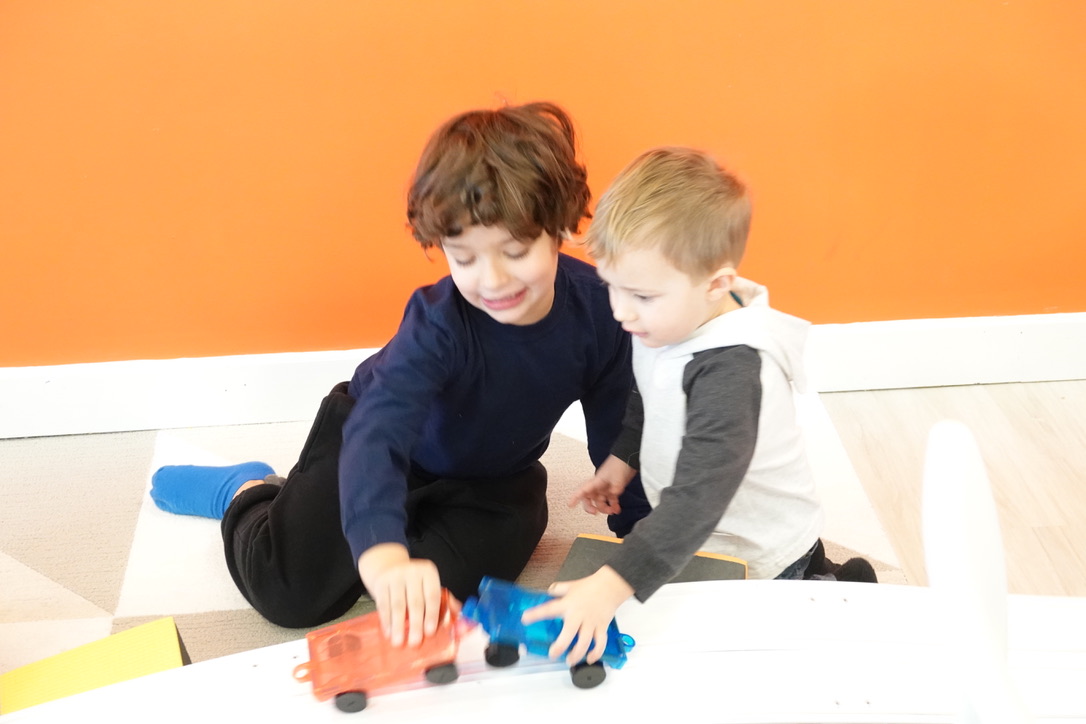


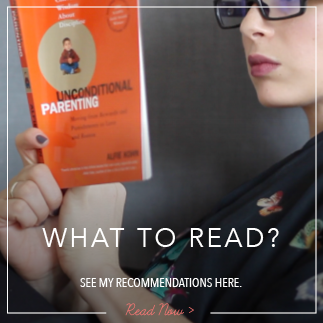
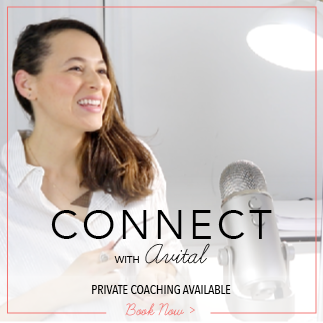


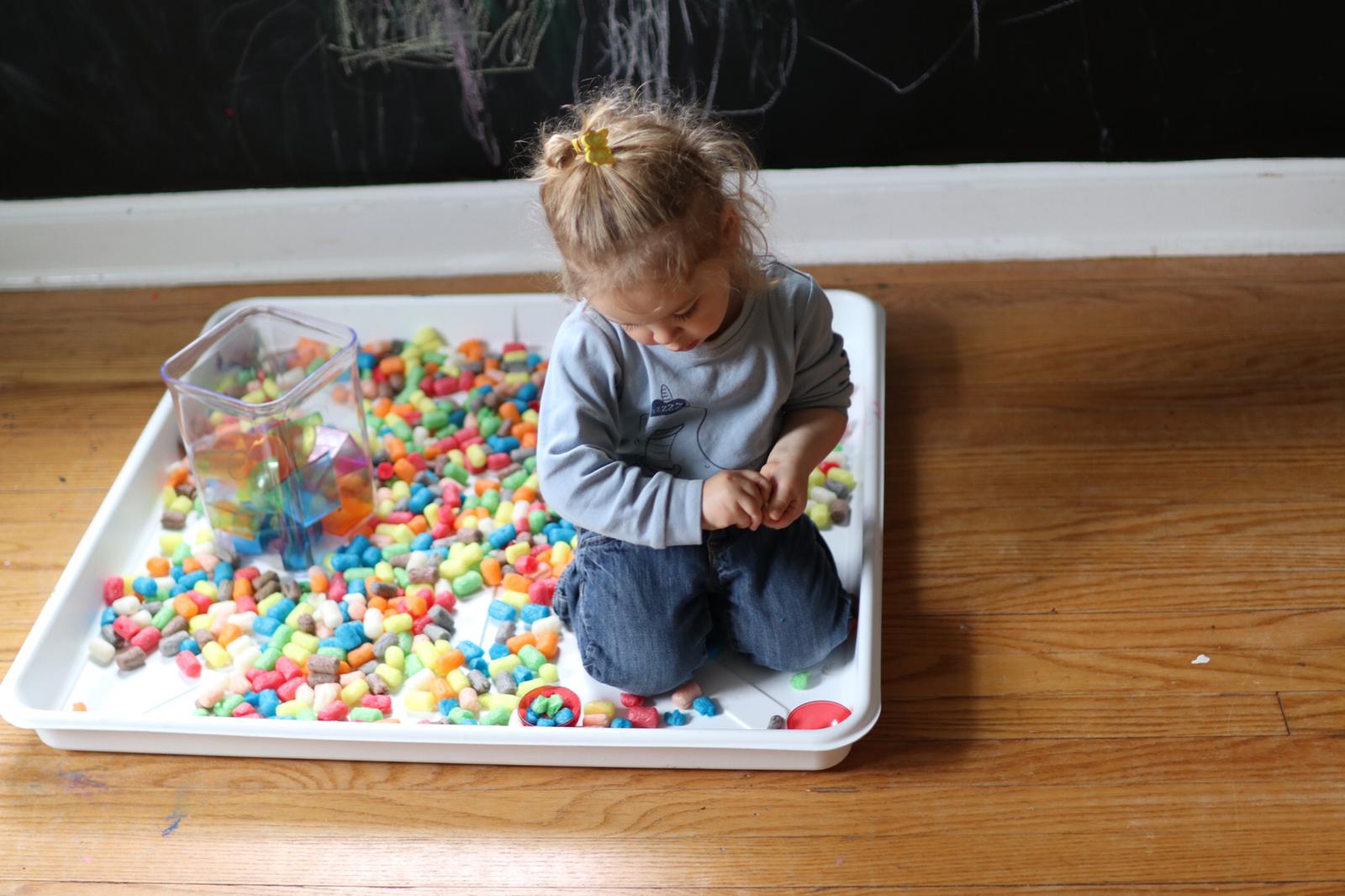
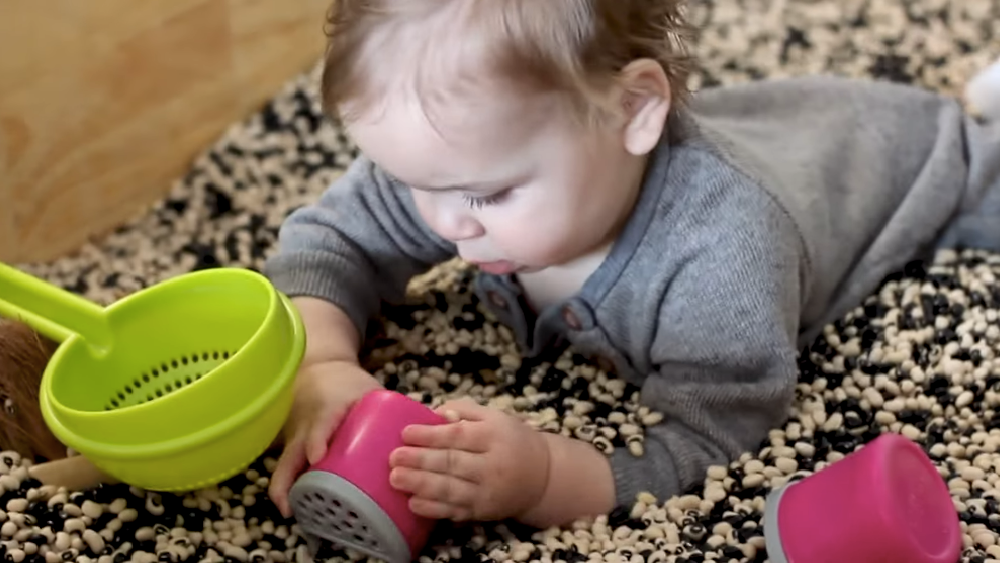
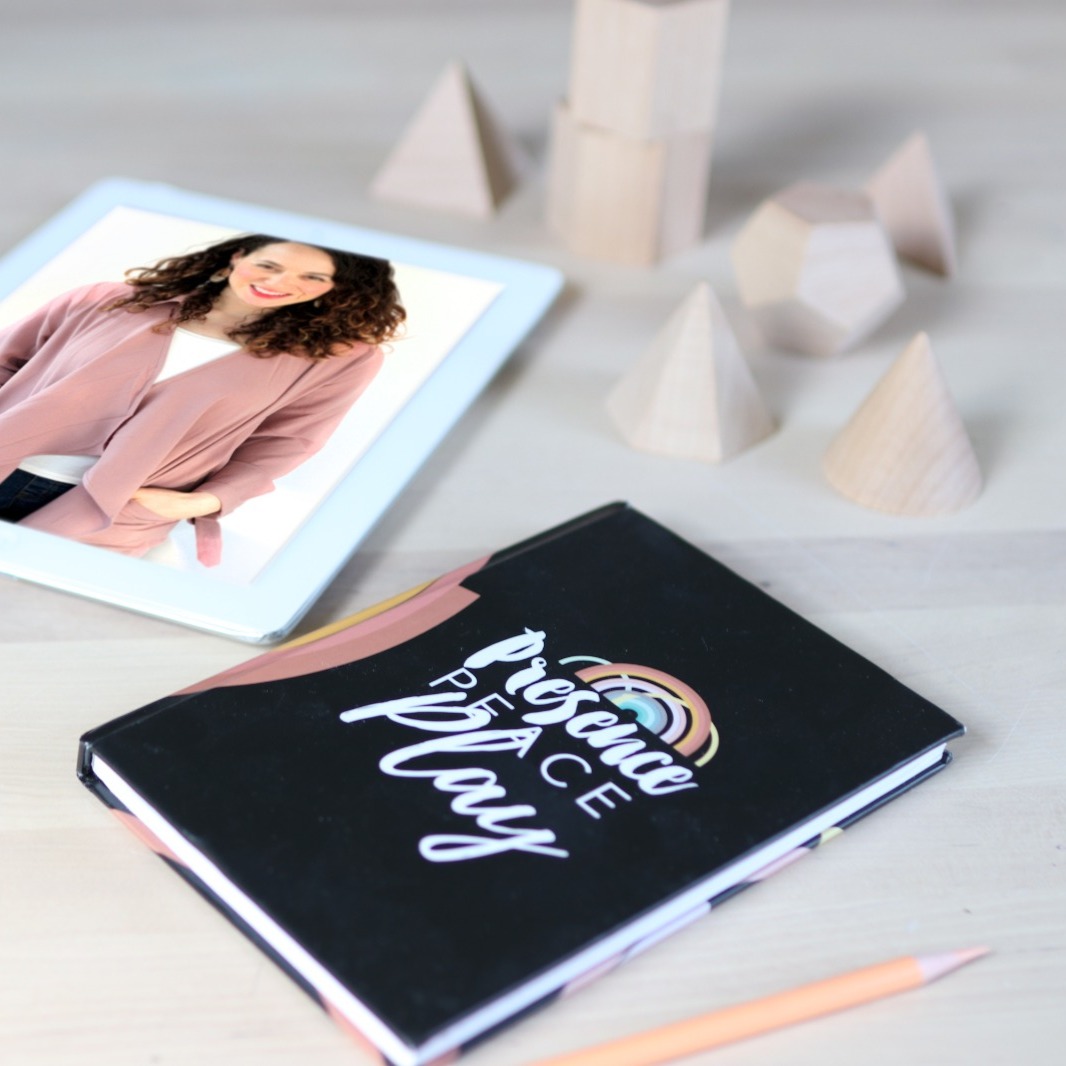
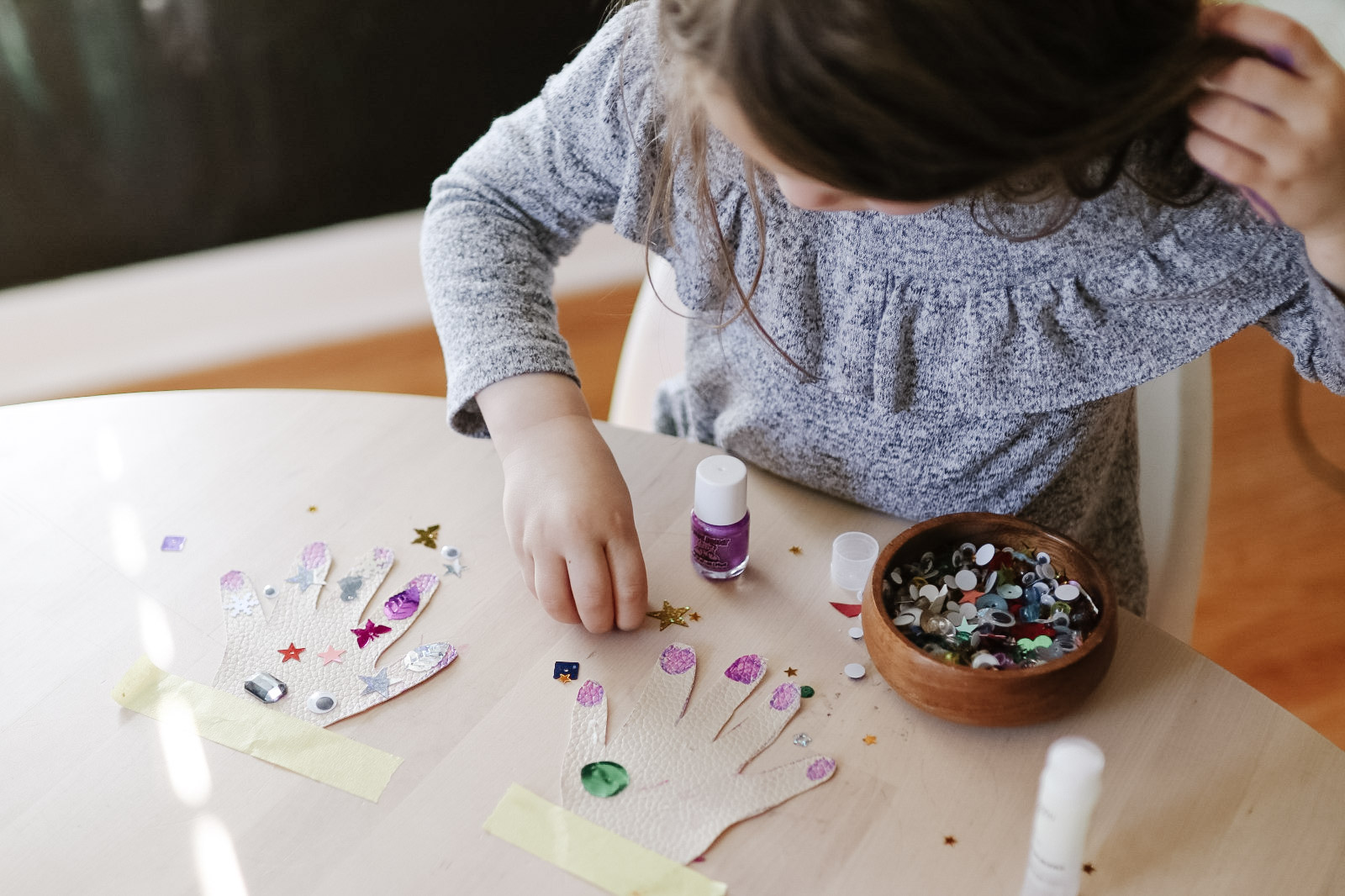
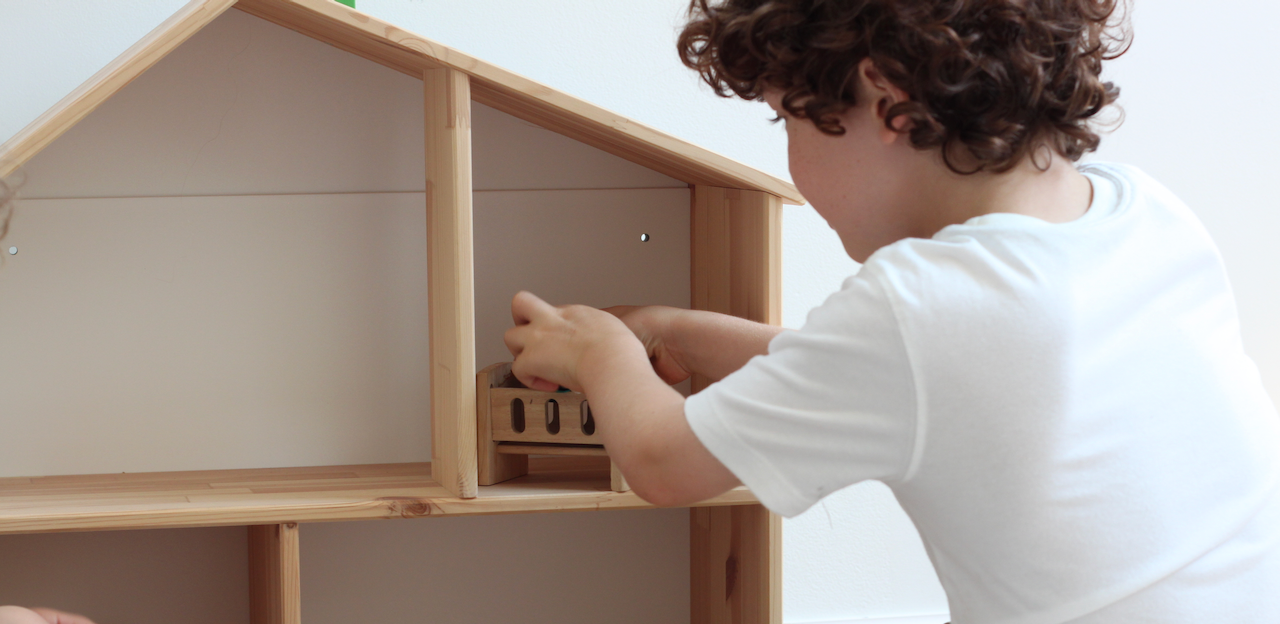

0 comments